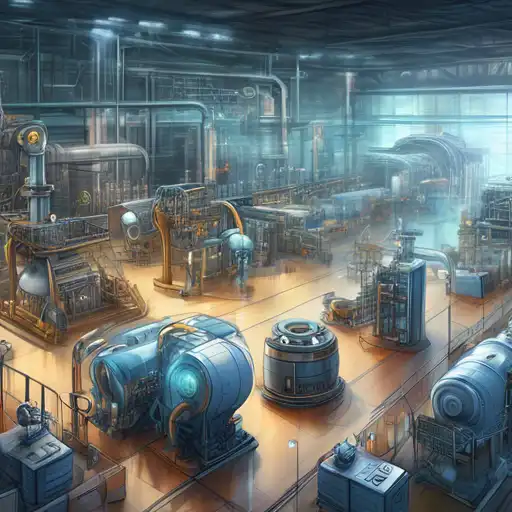Revolutionizing Industrial Automation: The IoT Effect
The integration of the Internet of Things (IoT) into industrial automation has marked a significant turning point in how industries operate. This transformative technology has not only enhanced efficiency but also paved the way for smarter, more connected manufacturing processes. In this article, we delve into the profound impact of IoT on industrial automation, exploring its benefits, challenges, and future prospects.
Understanding IoT in Industrial Automation
IoT refers to the network of physical devices embedded with sensors, software, and other technologies to connect and exchange data with other devices and systems over the internet. In the context of industrial automation, IoT enables machines to communicate with each other and with human operators, facilitating real-time monitoring and control of industrial processes.
The Benefits of IoT in Industrial Automation
The adoption of IoT in industrial automation brings numerous advantages, including:
- Enhanced Efficiency: IoT devices can monitor and optimize production processes in real-time, reducing downtime and increasing productivity.
- Predictive Maintenance: By analyzing data from sensors, IoT can predict equipment failures before they occur, minimizing unplanned downtime.
- Improved Safety: IoT technologies can monitor hazardous environments and alert operators to potential safety issues, reducing the risk of accidents.
- Energy Savings: Smart sensors can optimize energy use, leading to significant cost savings and a reduced environmental footprint.
Challenges and Considerations
Despite its benefits, the integration of IoT into industrial automation is not without challenges. These include concerns over data security, the need for substantial initial investment, and the complexity of integrating new technologies with existing systems. However, with careful planning and implementation, these challenges can be effectively managed.
The Future of IoT in Industrial Automation
The future of IoT in industrial automation looks promising, with advancements in artificial intelligence (AI) and machine learning further enhancing its capabilities. As industries continue to embrace Industry 4.0, the role of IoT in driving innovation and efficiency will only grow stronger.
In conclusion, the impact of IoT on industrial automation is profound, offering unparalleled opportunities for efficiency, safety, and sustainability. As technology continues to evolve, the potential for IoT to revolutionize industrial processes is limitless.
